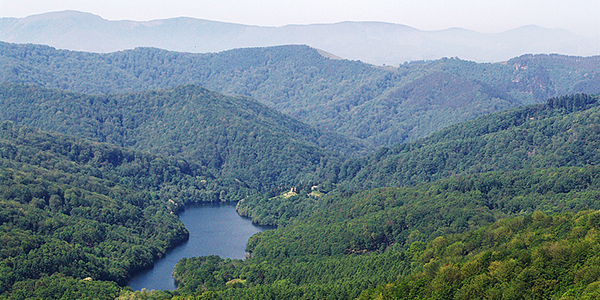ringo wrote:Less pitstops will be better provided the tyres are more durable. The drivers will take more risks to overtake on track and not worry about tyre life. I think things are heading in the right direction.
190 points and every single statement here is completely against basic reality of F1 racing.
"Less pitstops will be better provided the tyres are more durable"
Durable tyres are the reason for 'less pitstops'.* Durable is better for racing is absurd. No, durable means every single car will be on the same strategy with one (ONE) occasion to do something different. Less stops more durable tyres - less variation in strategy (including tyre differences). Remember Hamilton behind Vettel in Spain '15? Quicker car and couldn't overtake (yes tyres were sliding, too hard, this year's equivalent - aero, dirty air, less effective DRS). More stops, fresher tyres, Ferrari on stretched stints, not overtake but getting in front was possible. That's the problem with F1, every knows what will happen and everyone's doing the same (e.i. refuelling era).
*Now for a theoretical exercise, which tyres are more 'durable' and thus better for overtaking (less worries, according to this logic)? Less durable on two stops or more durable on one  ? Number of stops matters.
? Number of stops matters.
"The drivers will take more risks to overtake on track and not worry about tyre life."
Remember Alonso -Petrov? Were tyres durable? Was he worried about tyres? Was he not willing to take risks? Absurd upon absurd. Why would be less durable tyres (less grip, potentially bigger performance difference) be stopping drivers from taking risks? On the contrary, difference gives opportunity and possibility to take risks and for the other driver to make mistakes, example: Ricciardo - Hamilton Hun '14 and plenty others: Ricciardo-Perez Can '14). Not the other way round. You take risks when the chances are higher. You don't take risks when you can't overtake at all, period.
There's also a question of timing: when those cars can be close enough to overtake, weight, effectiveness of DRS. Why do you think it was more difficult for Vettel to overtake Rosberg in AD '16 than earlier cars (apart from car itself, Merc vs slower ones and stupid blocking )? You'd say not durable enough tyres

, yes and no, A. the thing is durability works for both cars. B. Durability or lack thereof allowed him to pit later, gain fresher tyres advantage and overtake cars (using evil DRS). When the difference in performance was smaller, cars lighter and DRS less effective, closer to the end (risk factor) - overtake was less probable.

